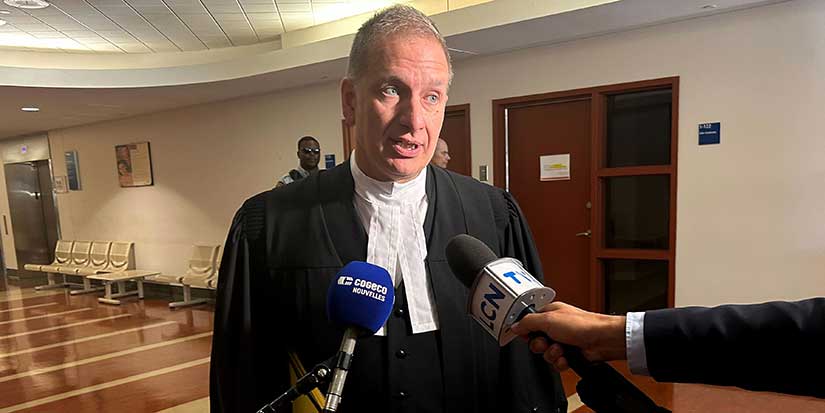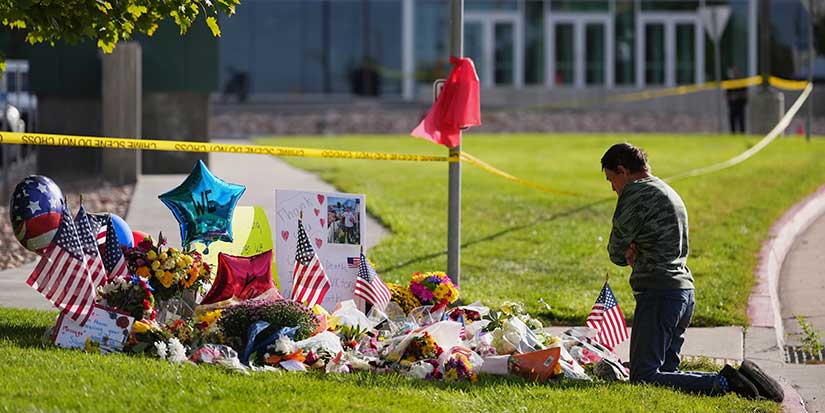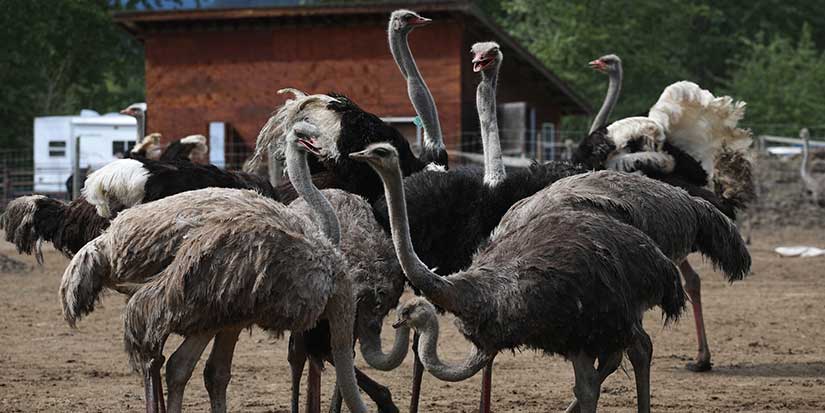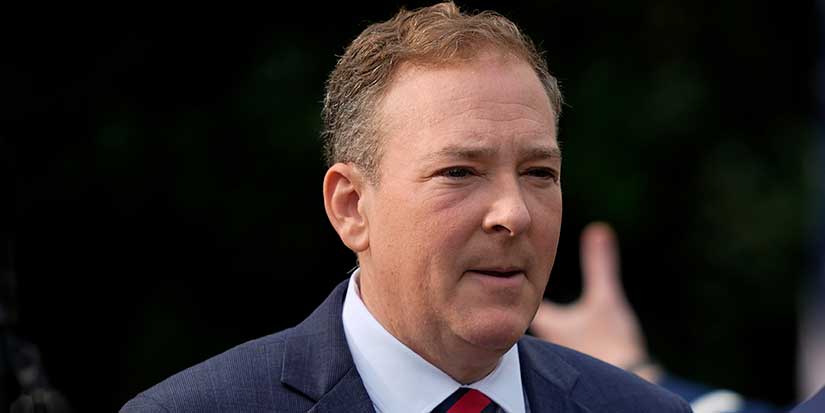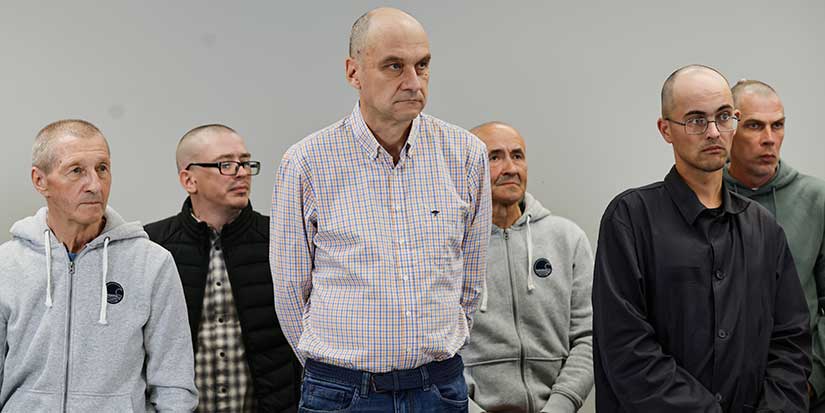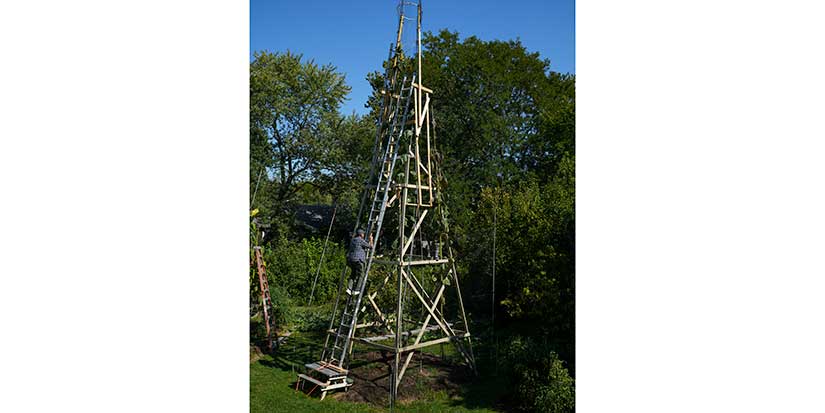Latest News
Local physicist on National TV Bake-Off Show
Published 4:41 PDT, Wed November 1, 2017
Last Updated: 2:12 PDT, Wed May 12, 2021
It started with his wife seeing an ad for a
new CBC network amateur baking contest, says local KPU physicist, James
Hoyland, “My wife said I should put in an application. I didn’t think I was
actually ready for it but it came along.”
After that, CBC invited him to an audition in
Vancouver.
“I brought along some cake I made,” says
Hoyland. He says applicants were then, “Set a little baking challenge in the
audition.”
After that, “They gave me a call and said
that I was in. That was a bit of a surprise.”
His family long big fans of the Great British
Bake-Off, a ratings king for many years in the the UK, Hoyland says the CBC
show, “Follows very closely the format of the British version.”
A group of 10 amateur bakers start the weekly
competition. Each episode, the person with the lowest score, based on three
baking tasks, is asked to leave while another is named star baker for the week.
“Until three are left standing for grand
finale,” says Hoyland.
The show was taped this summer outside
Toronto and, as with the British show, shot in a bucolic setting with a large
party tent set up with individual baking stations.
“It’s a very picturesque location. We shot in
a tent, a beautiful pavilion that’s true to the original. It’s equipped with
fairly typical appliances that you’d find in the kitchen in any home kitchen.”
So, was it like baking at home?
No, says Hoyland, “It was like baking boot
camp. It’s very different baking for your family and friends compared to baking
for a couple of professional pasty chefs. With your family, they’ll forgive
your little errors or whatever.”
Besides, he says, “They don’t necessarily
know what it’s supposed to taste like. The judges are professionals who know,
and can spot all the little flaws.”
Each week, the bakers are set three tasks.
One is something that Hoyland practiced at home in Steveston, the Signature
Challenge.
“When practicing, before the shoot, my
daughter was getting very used to having cake for breakfast every morning. She’s
four and now that’s stopped, she is a little disappointed,” says Hoyland.
Another bake is the technical challenge, a
previously unseen recipe, where good baking theory and technique is a must.
Hoyland says, while baking is more chemistry
than physics, “Certainly there is quite a bit of science to it. You can get
away with a certain amount of artistry but the core of baking has to obey
certain rules. If you want bread you have to treat it one way. If you want
pasty you have to treat it another. It’s the same ingredients but you have to
treat them very differently, right down to the way you handle the dough. It’s
kind of a nice mix of science and art, kind of like being an engineer.”
Hoyland’s career choice mixes the two
disciplines.
“I could never decide if I wanted to be an
engineer or a physicist so I do applied physics. It’s a technical application
of physics, like sensors for the food industry for detecting bacteria in the
food. I also now work on bioapplications with sustainable agriculture,
developing detectors for the age sector,” he says.
The third part of every hour-long episode of
The Great Canadian Baking Show, the Showstopper Challenge, is the bakers’
chance to produce something spectacular along a theme with a certain set of
ingredients or type of bake, like a square, a birthday cake, something with
beets, or a meat pie.
Asked if there was anything he wished he done
differently while on the show, Hoyland replies, “I can’t answer that without
revealing anything.”
As The Great Canadian Baking Show taped last
summer, how hard is it keeping the results secret? “Extremely hard! I’m very
glad that it’s finally coming and people can see,” he says.
What parts of the experience did Hoyland
enjoy? “Pretty much the whole thing. It was a fantastic experience from
beginning to end. It was a lot of fun to be kind of stretched to maybe try
things I might not have tried if I was just baking at home. It’s a bit more
high-level than baking for friends and family.”
He also said a good part of the fun was
meeting all the other bakers with a similar passion for baking.
“We all got along fantastically so that was a
lot of fun.”
Were there any bitter rivalries? “We were all
kind of in it together to some extent.
You are more about competing with yourself to
do the best you can,” says Hoyland. He remarked that all 10 contestants made
fast friendships that will last a lifetime.
Asked about the experience, Hoyland says, “It
was kind of unreal. I think everyone, all of the bakers, were nervous to go, to
be the first one into the tent because it was very surreal to kind of know we
were actually going to go in there and actually start baking.”
Such a big fan of the British show, Hoyland
still finds his CBC taping time unbelievably marvelous, “I still don’t 100 per
cent think it was real. It was a long time before I got over the idea it wasn’t
just some hoax by a friend.”
Is he sick of baking, “No,” he says, “Though
I have gotten back more to baking bread. That’s my favourite thing, baking
bread.” And what did he bake for Halloween?
“Nothing, but we are going to have a little
party with friends to view the first episode so I’ll probably bake something
for that,” he says.
Any advice for others contemplating entering
for next year?
“Give it a go. What’s the worst that can
happen?”
“It’s a lot of fun. Even just going to the
audition was fun.”
He finishes with a smile, “You don’t know
whether you’re good enough until you try.”
The 8-part series The Great Canadian Baking Show begins broadcasting Wed. Nov. 1 on the CBC TV Network and streaming video through cbc.ca.
















